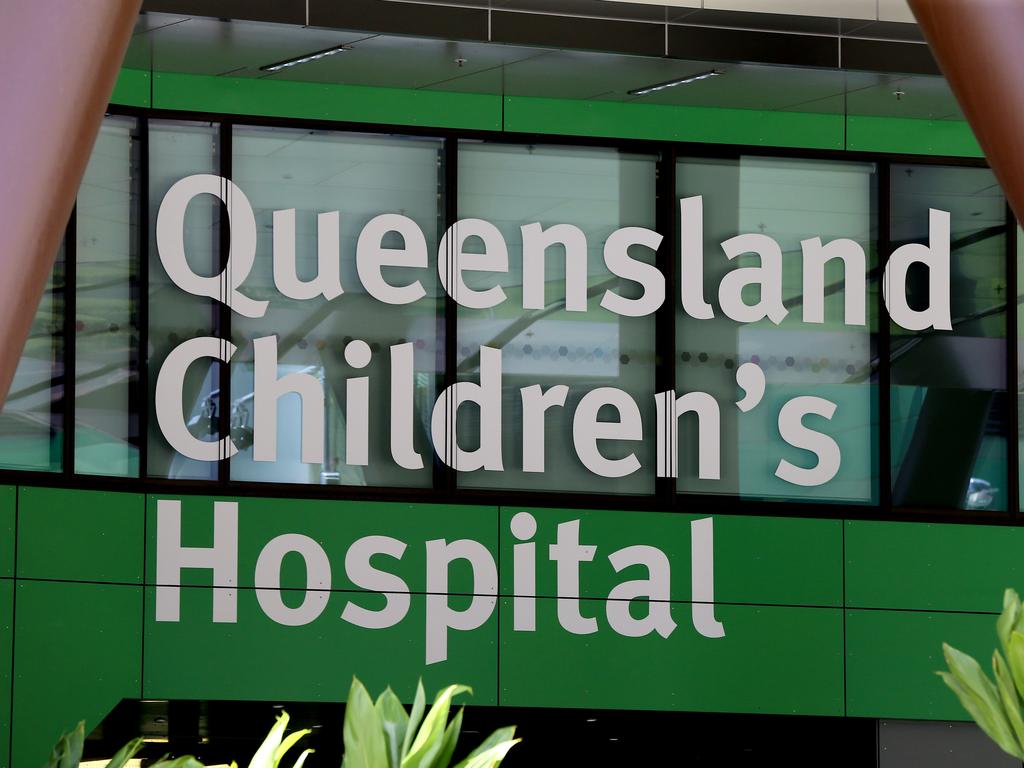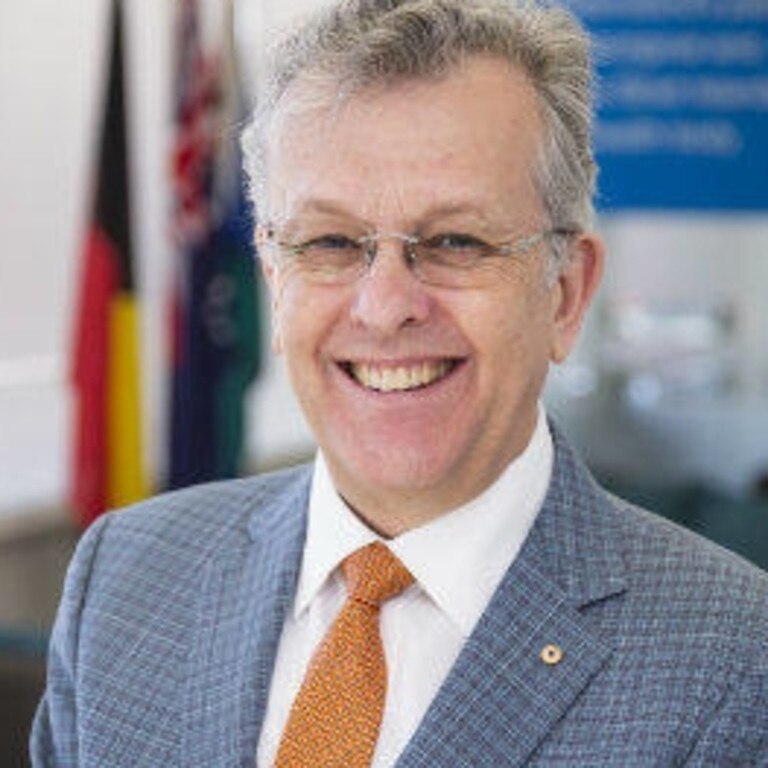Shock data reveals extent of mental health problems in Queensland kids
Thousands of children under four are turning up to Queensland emergency departments with a diagnosis relating to mental health, self-harm, suicide ideation or disorientation.
QLD News
Don't miss out on the headlines from QLD News. Followed categories will be added to My News.
Children under four with mental health problems have turned up at the state’s emergency departments more than 2800 times in three years, distressing new Queensland Health data has revealed.
Between 2019 and 2021 there were 2881 presentations in pre-kindy aged kids with a diagnosis relating to mental health, self-harm, suicide ideation or disorientation.
“Parents have children on their hands that are so completely emotionally disregulated that they are at the end of their tether, desperate for help. They worry the child will hurt themselves or hurt their friends. GP appointments are hard to get and there is nowhere else to go apart from the emergency department,” Dr James Scott, one of the state’s leading researchers into child mental health at QIMR Berghofer said.

“I’m not surprised by the numbers of presentations in this young age group but we need more data collection on what specific problems these vulnerable kids are facing. We need to know everything otherwise we don’t know what to do next to offer help,” the practising psychiatrist said.
National data on mental health related emergency presentations in public hospitals between 2014/2015 and 2019/20 shows a 323 per cent increase in numbers of children under four.
The experts say that small children are not good at verbalising and they can act out when they are anxious or afraid. Some aren’t sleeping, having nightmares, are overly clingy, suddenly start bed wetting or just acting strangely. They may be screaming, hitting their heads or biting.
Professor Brett Emmerson, the Queensland Chair of the Royal Australian and New Zealand College of Psychiatrists told The Saturday Courier-Mail that the diagnosing of these small children must be accurate and transparent.
“The data collected is meaningless. What on earth is disorentiation? We need exact descriptions of symptoms. Children under four do not understand the concept of suicide and kids could be put into a category of self harm simply because they have been banging their head on a wall and the diagnostic coding doesn’t offer alternatives to self-harm,” Prof Emmerson said.

“With the rise in mental health problems in children there needs to be new boxes that can be ticked when a child is triaged at an emergency department so we can narrow down exactly what is happening around the state and zoom in on the biggest areas of concern rather than a one size fits all,” he said.
The professor is a member of the Queensland Mental Health Review Tribunal which is looking into how to improve mental health services in the state. The review was sparked by a Courier-Mail campaign that highlighted children were waiting up to 18 months to see a clinician.
High profile child psychologist Dr Michael Carr-Gregg said that the 0 to four age group should be offered more help as early intervention could save problems later.
“Headspace services for parents who are desperate for help would be good start. This is our most important cohort, they are the future,” he said.
A Queensland Health spokesman said declining mental health has been internationally acknowledged, particularly the association of the COVID-19 pandemic on the mental health of young people.
“We know there is no one-size-fits-all approach when treating young people with severe and complex mental health, alcohol and other drug issues, which is why it is important a range of sectors, including public health, private health, non-government organisations, and the community-managed sector, continue to work together to support our youth,” he said.



